Applique Tips and Tricks
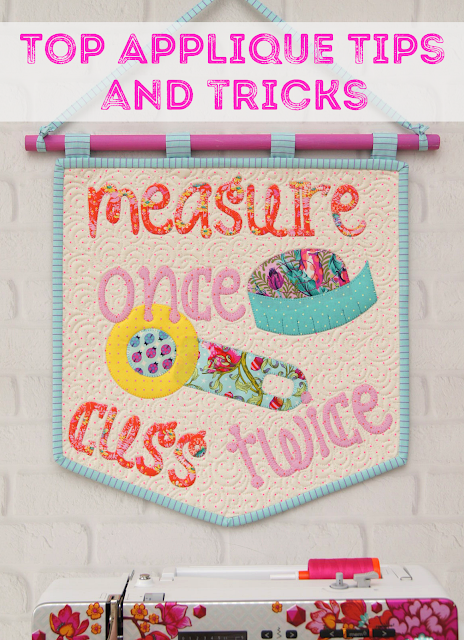
When it comes to Applique there are a few simple things you can do to really help ensure your project comes together very professionally and easily. The process is very much step by step and preparation is one of they factors for success.
With the right tools and some simple tips you will be setting yourself up for not only an enjoyable time sewing but be so thrilled with your results.
Tools for Applique
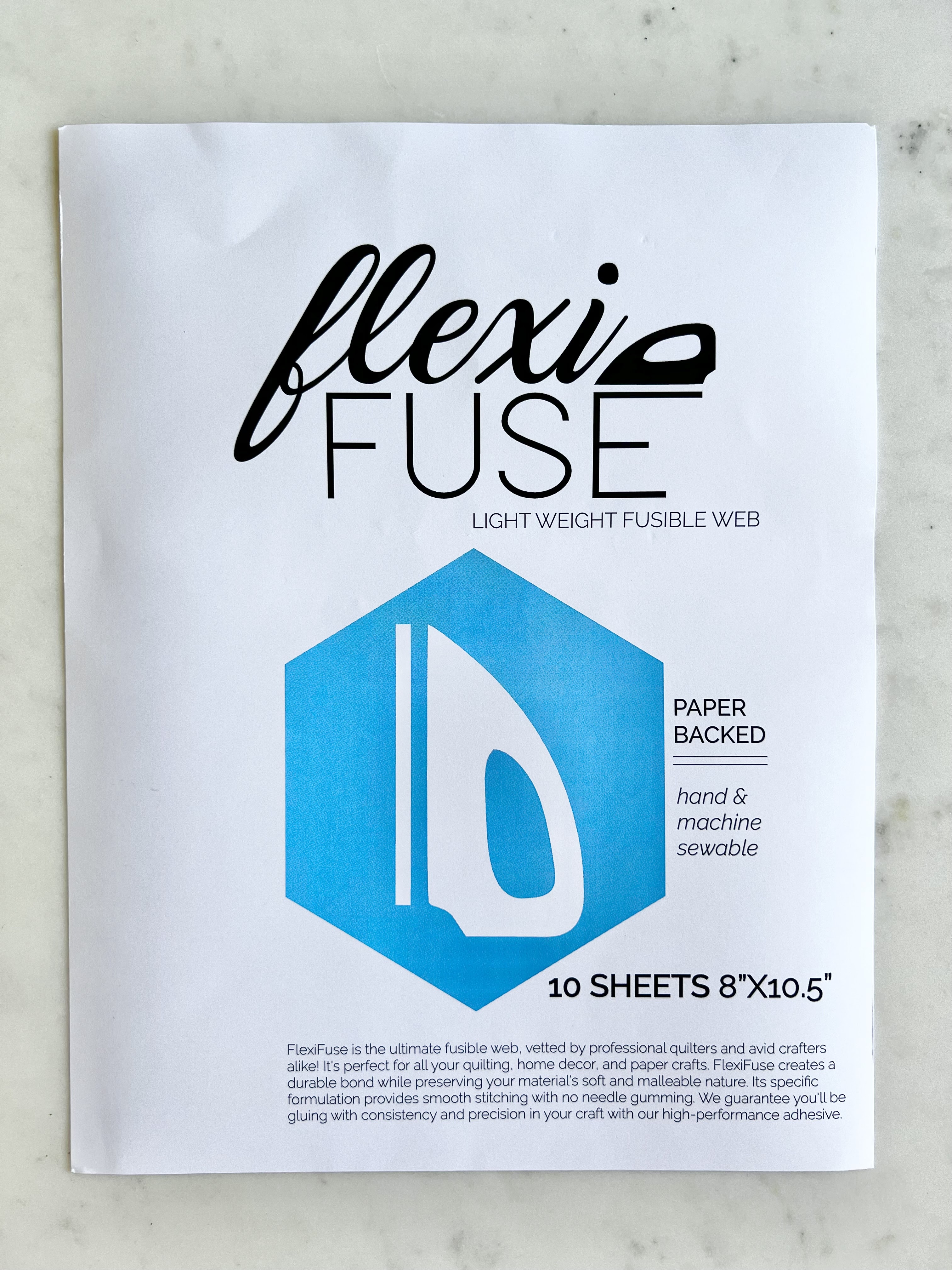
Fusible Web – Heat and Bond Lite or Flexi Fuse are my preference
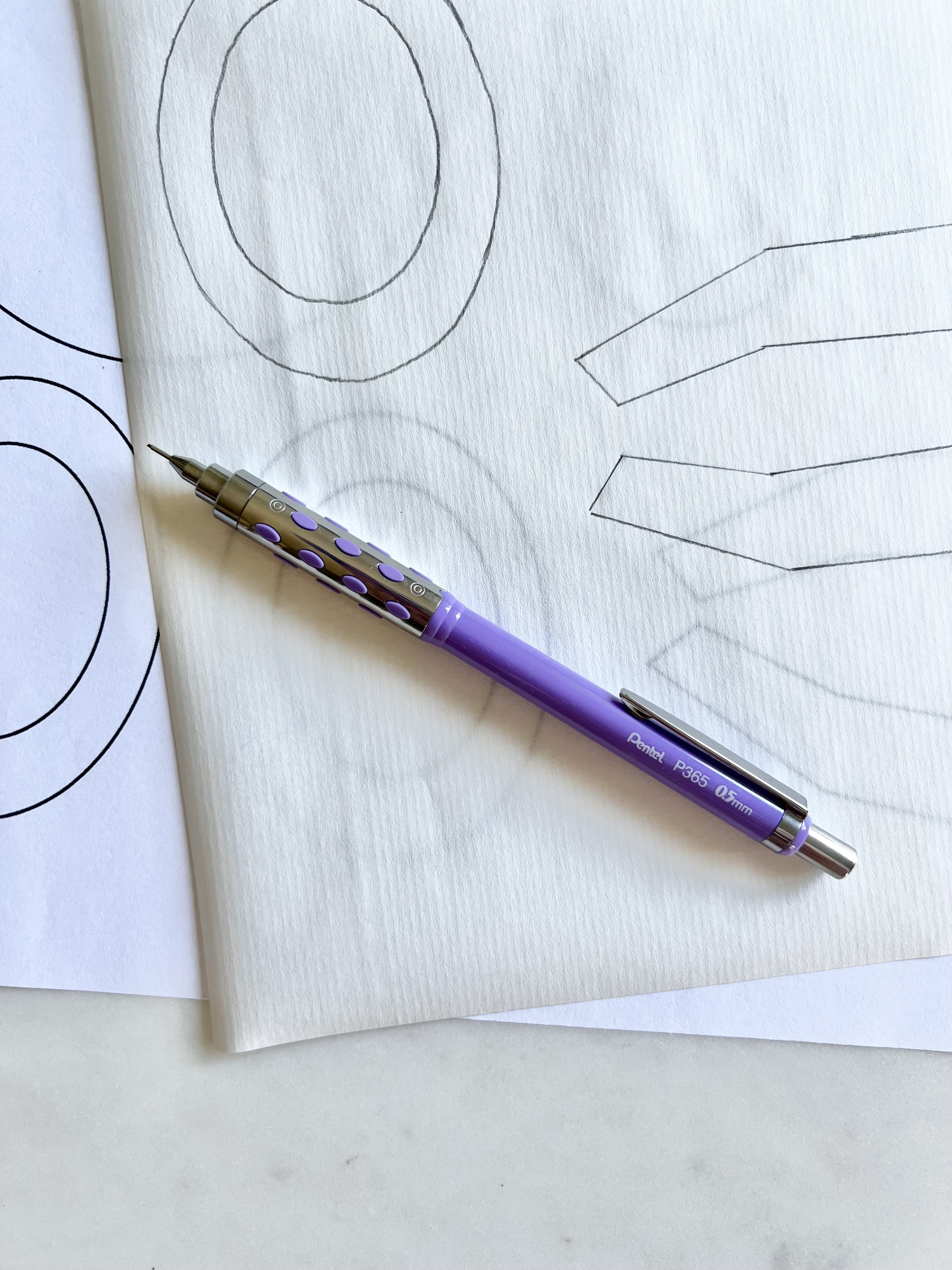
Mechanical Pencil – gives for a more accurate drawn line
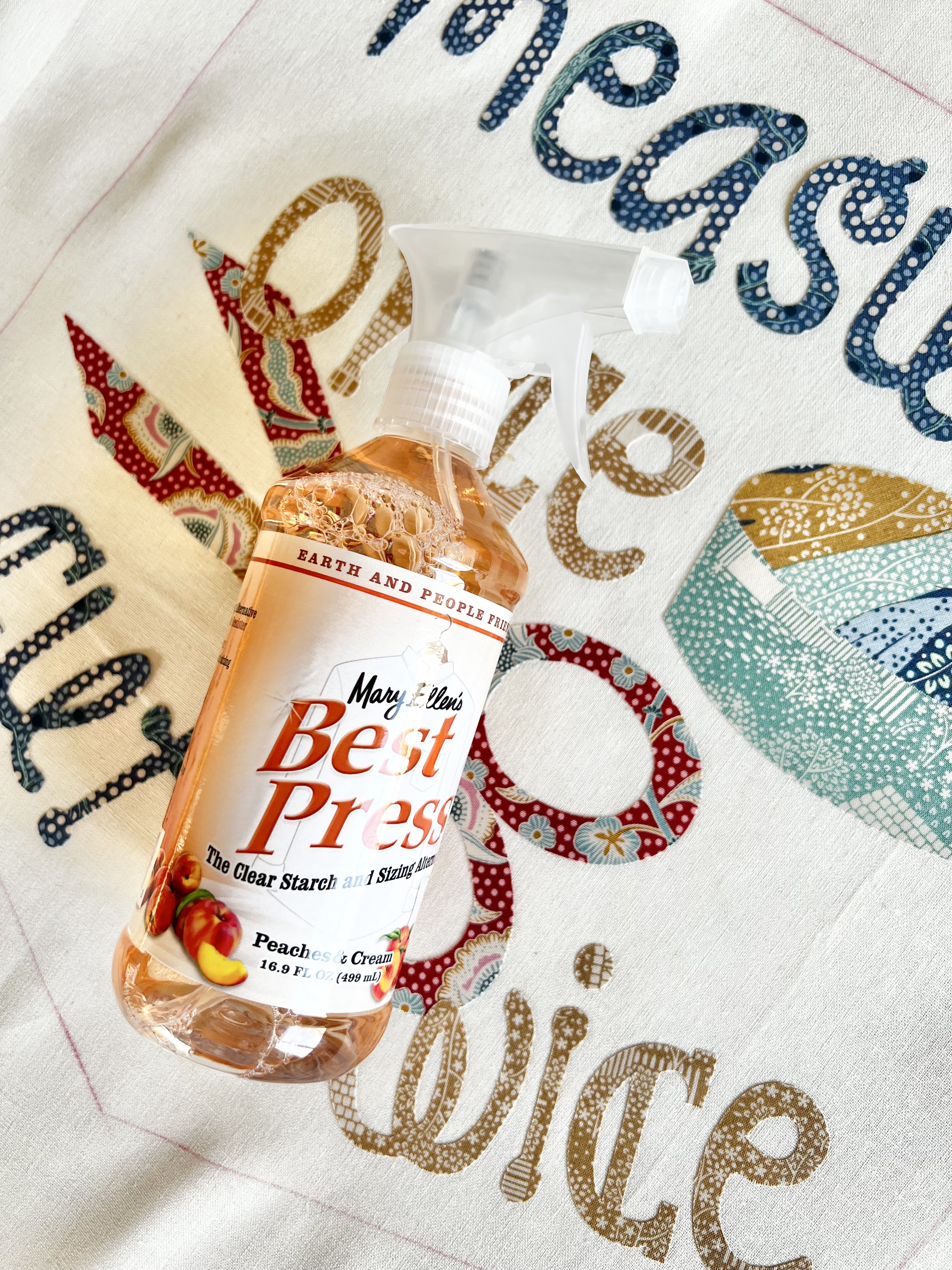
Best Press (starch spray)
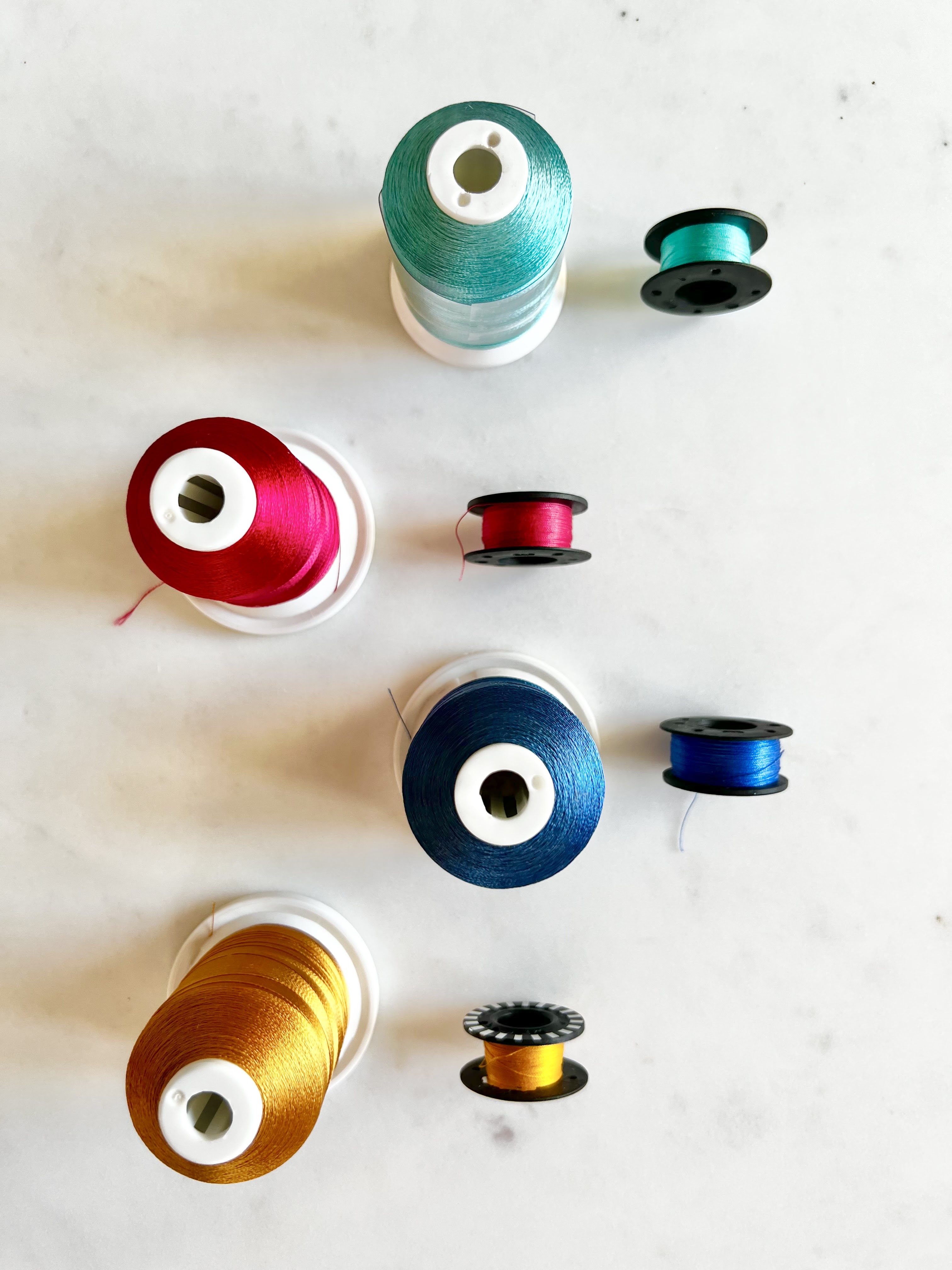
Threads in different varieties – I like Robison-Anton Rayon Embroidery Thread for its sheen. Aurifil 28wt is also great.
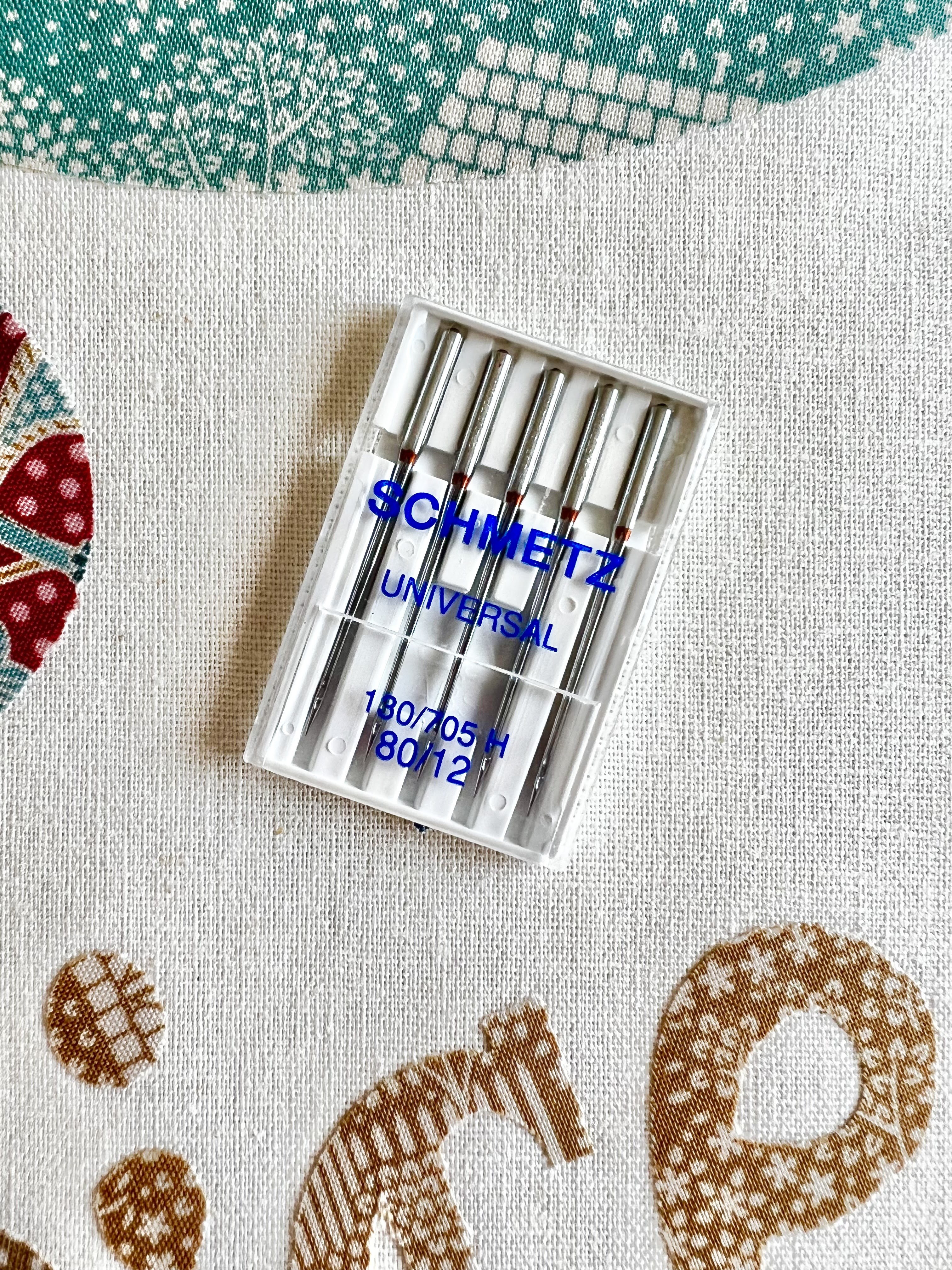
Universal Needles – Size 80/12
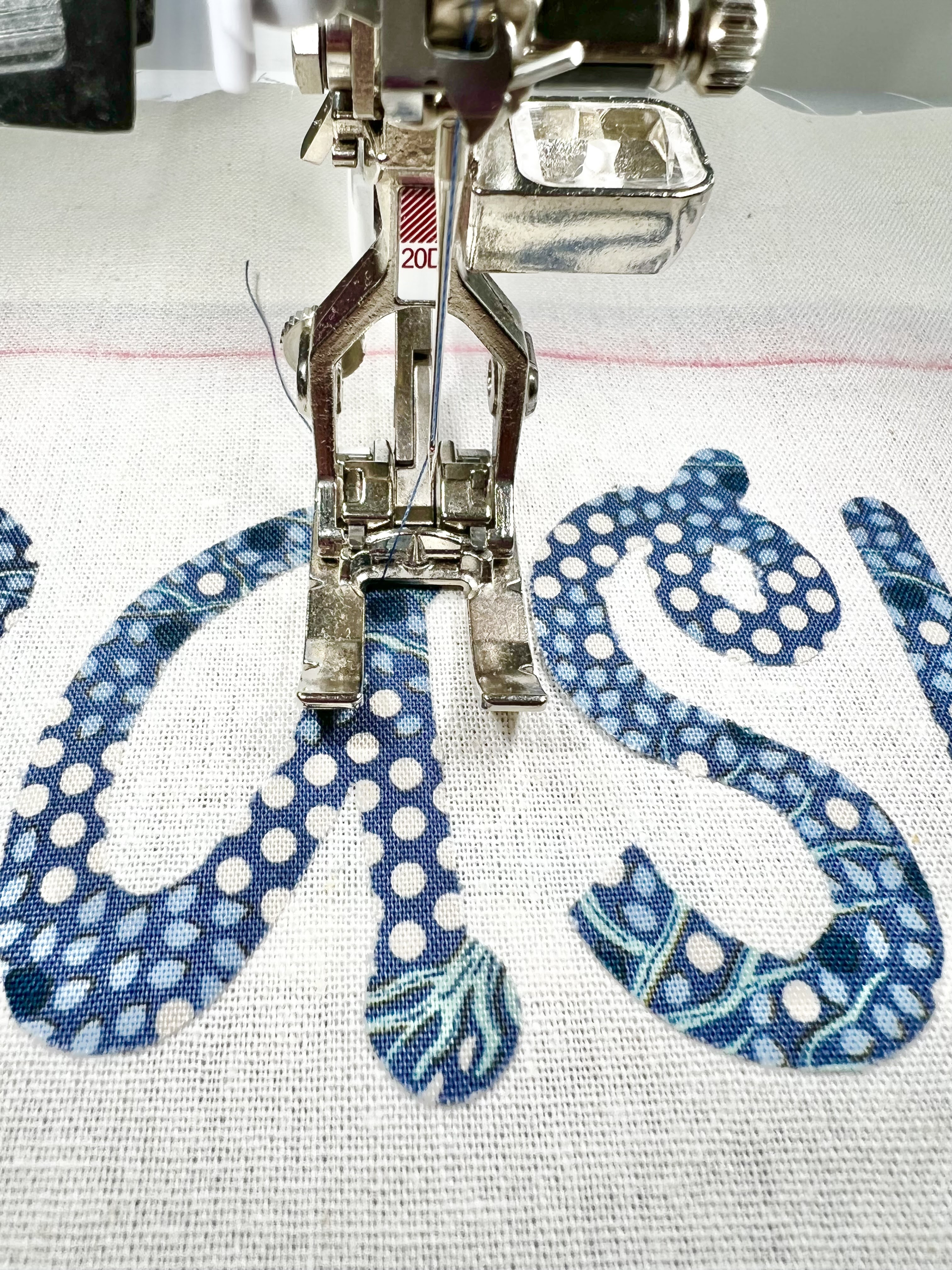
Open Toe Sewing Machine Foot
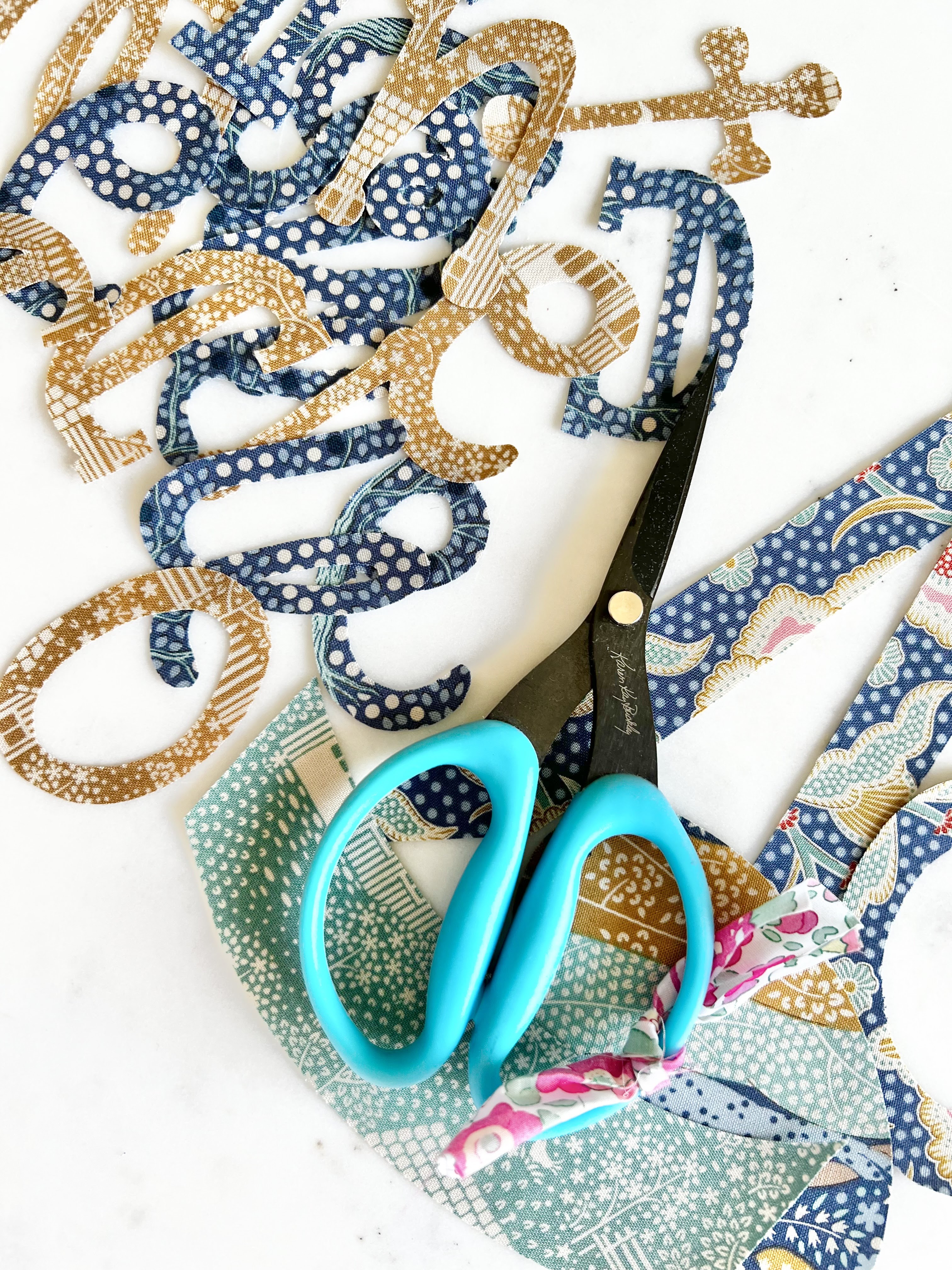
Stabilizing your Applique for Sewing
When it comes to sewing your Applique, there are many options to stabilize your fabrics to make it easier to sew onto the Applique. There are different types of stabilizers you can use on the back of your fabric like “Stitch and Tear”, “Shape-Well” some of which you fuse to the back of the background fabric and some which come away after sewing. It really can be a personal preference.
I like to stabilize my Applique by spraying “Best Press” onto the Applique shapes till damp, then iron dry.
Tips
- Use a matching coloured cotton thread in your bobbin to your choice of Top-Stitching thread. This saves any tension issues and while it may take longer to change these – it will result in a more professional finish.
- Sew all of the same colour pieces at the same time – sew all the red, then all the blue etc...
- A fresh needle will make a big difference to your Applique.
- I like to use Heat and Bond or Flexi Fuse when only working with one layer of Applique as it is heavier and sturdier for sewing onto. If you are using multiple layers of Fusible Web, then Vliesofix works well in this situation.
- Cut your block a little bigger than the size required – this means you can square it up later after you have finished your sewing incase of any fraying or distortion.
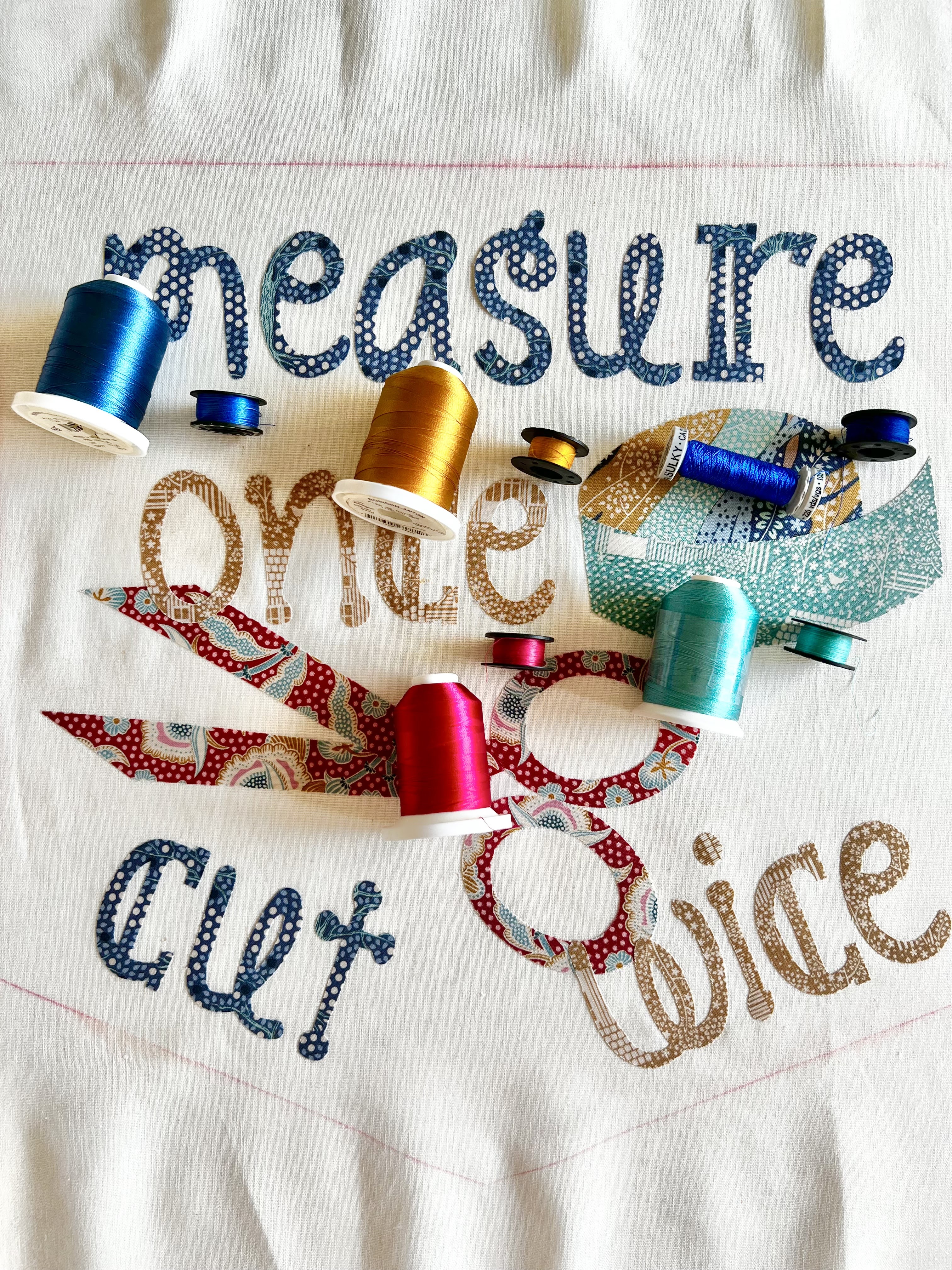
Which Stitch??
Don’t just think that when it comes to sewing Applique, you have to use Blanket stitch. Whether sewing by machine or hand there are so many choices you can make for stitches.
Some of my favourites are:
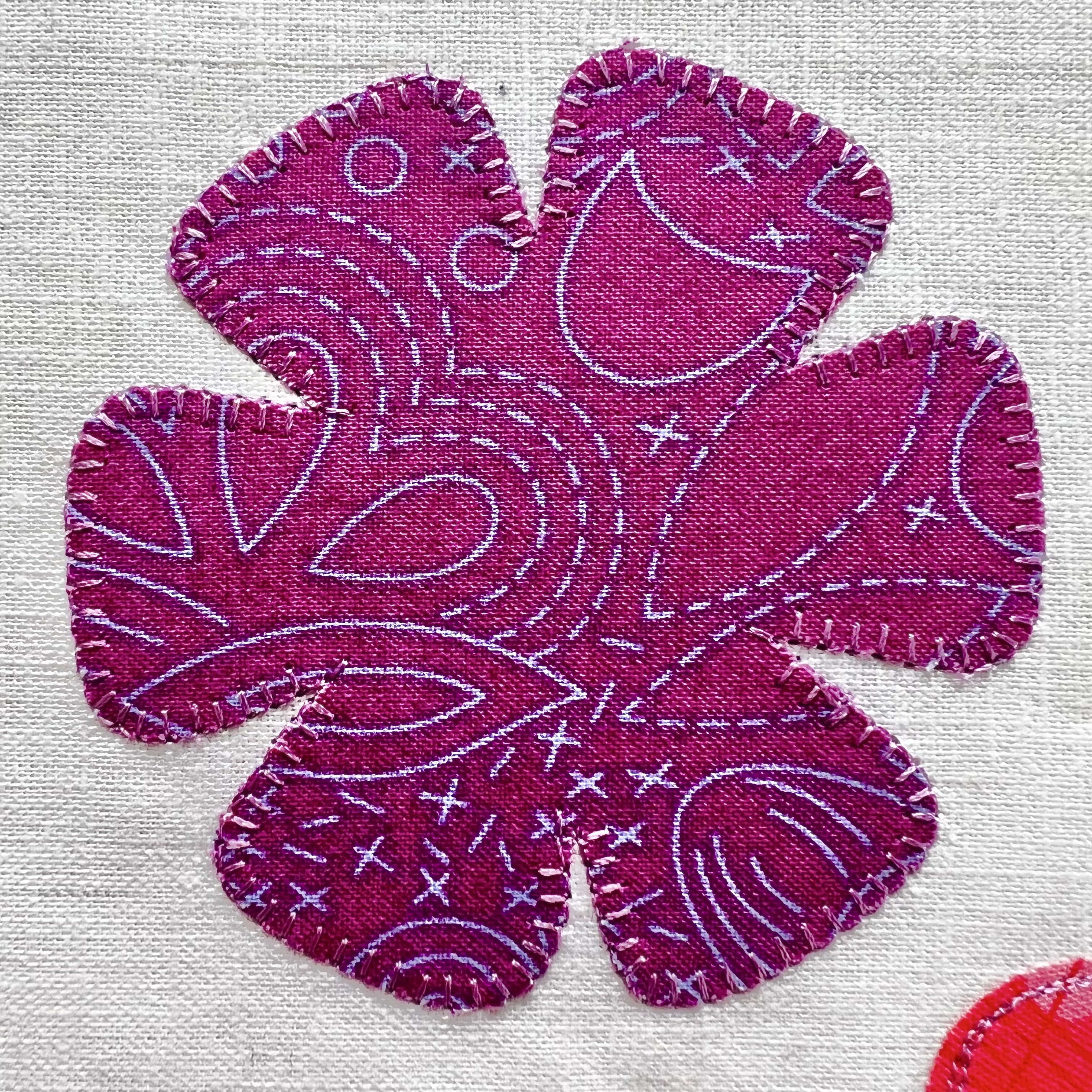
Blanket Stitch – this is great when you are making a quilt that will need lots of durability. I tend to use this a lot of kids quilts as it withstands washing well.
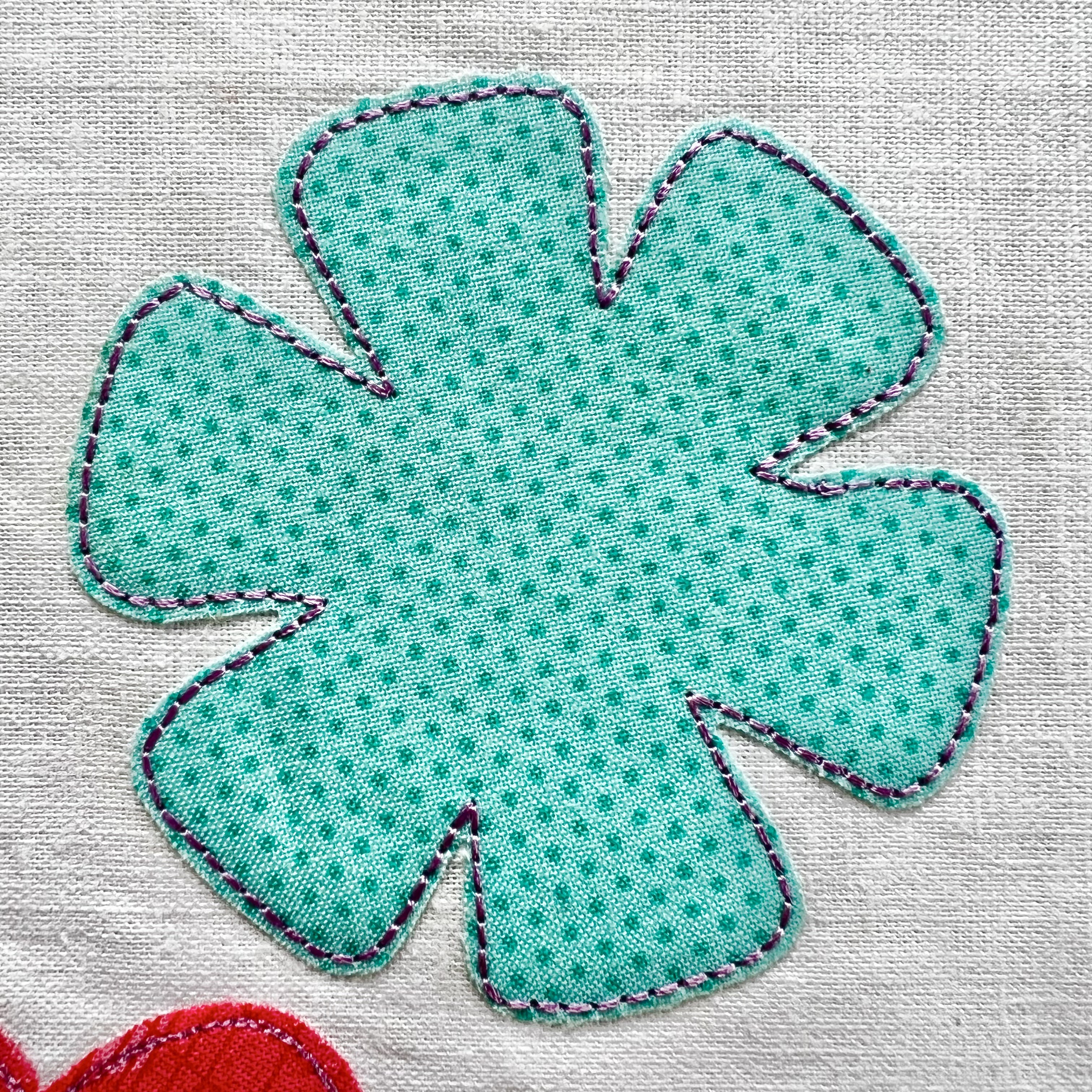
Triple Stitch – this is a stitch on your sewing machine you may not have known you had. Just as the name suggests each stitch goes – Forward, Back Forward creating a bolder stitch. I like to use this on more decorative pieces – so when I know it is not going to be washed or handled a lot – e.g., Mini Quilts, Wall Hanging’s.
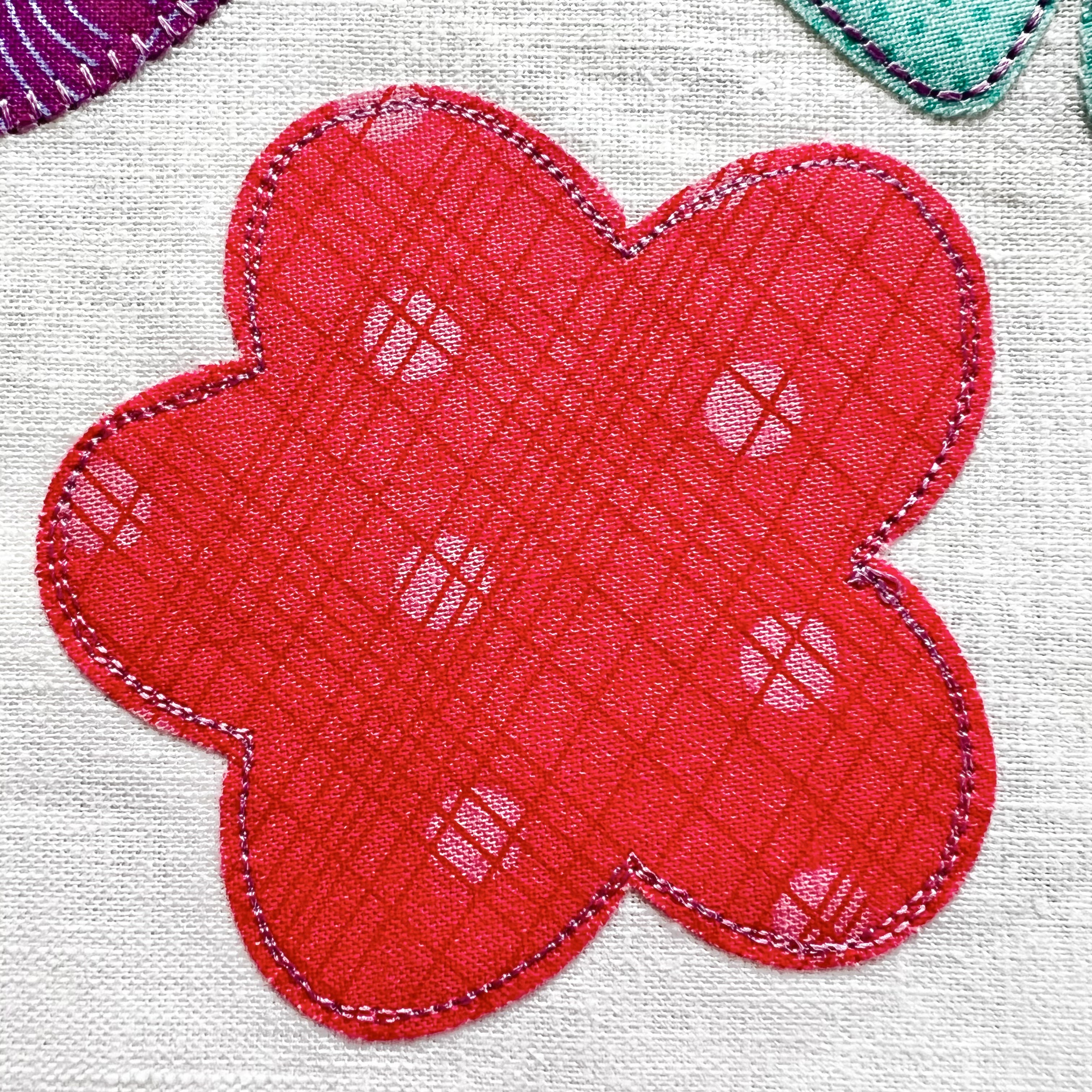
Raw-Edge Applique – is when you stitch around the Applique shape, stitching just inside the raw edge, using a smaller stitch length to go around the shape. Quite often you will go around the shape twice and is often done in a contrasting colour thread to the fabric. Looking for Inspiration
Check out these Tied with a Ribbon patterns if you are looking for some great, beginner friendly Applique Mini Quilts, Quilts and Pillows. You can see my entire range of Applique Patterns here.
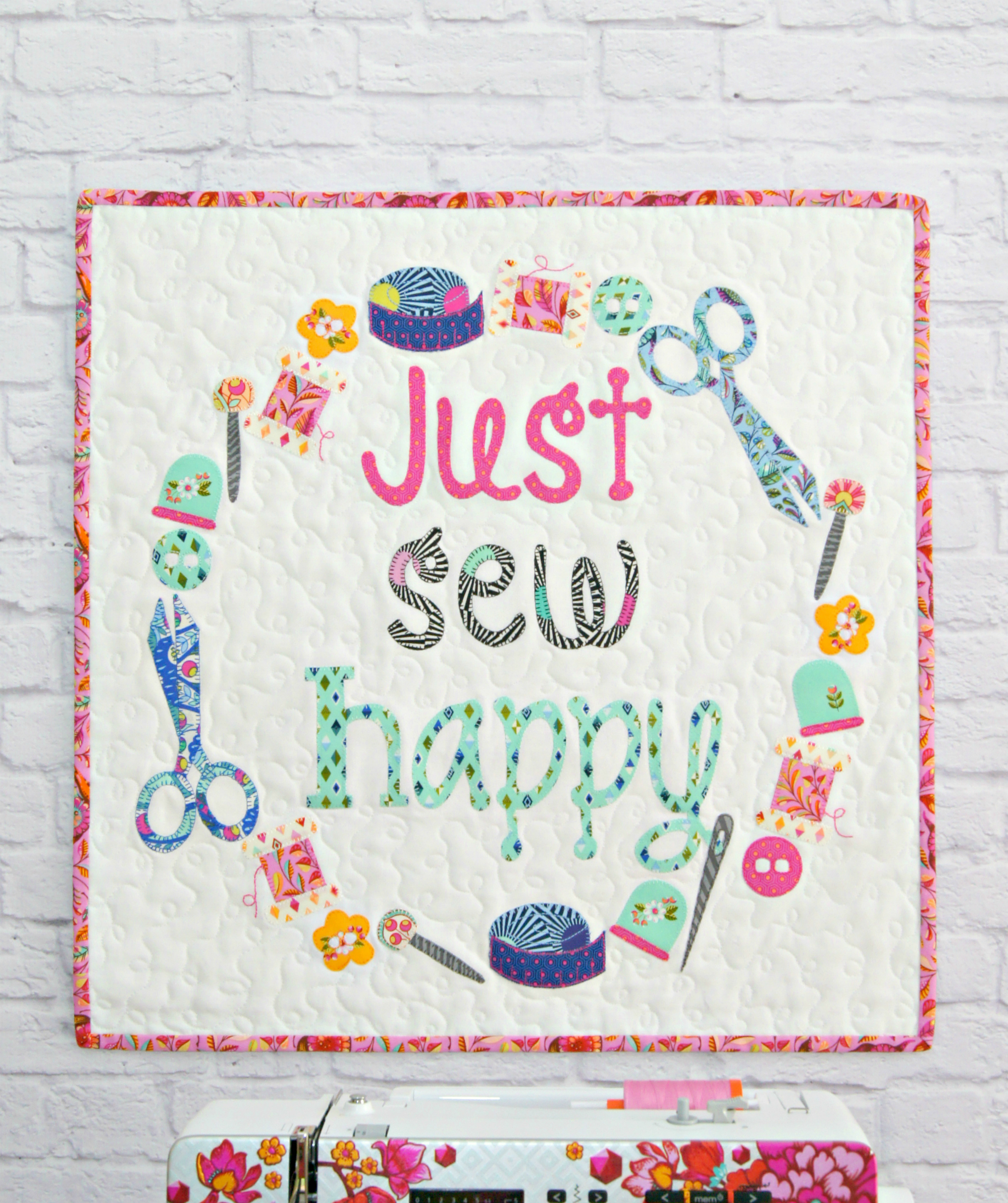
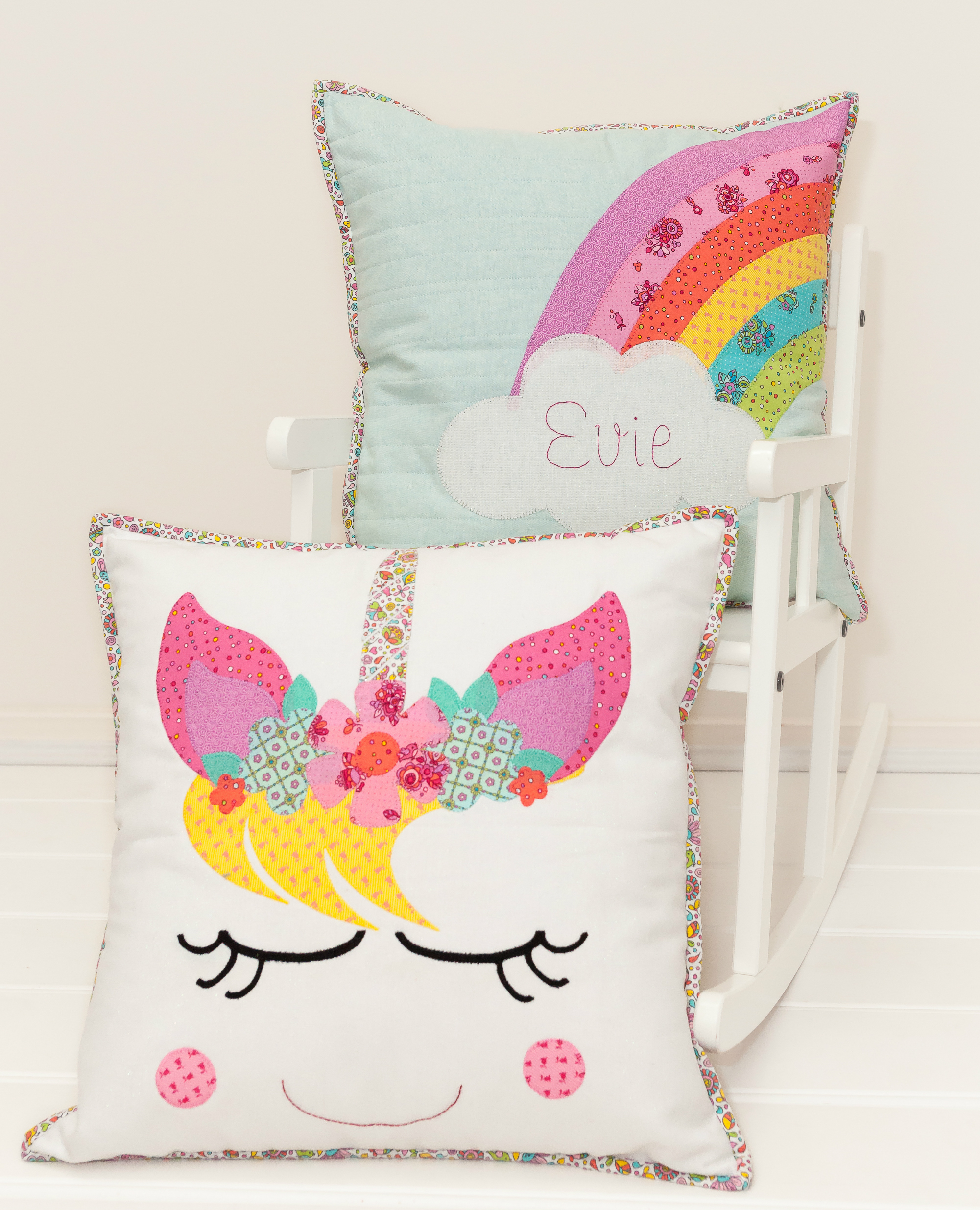
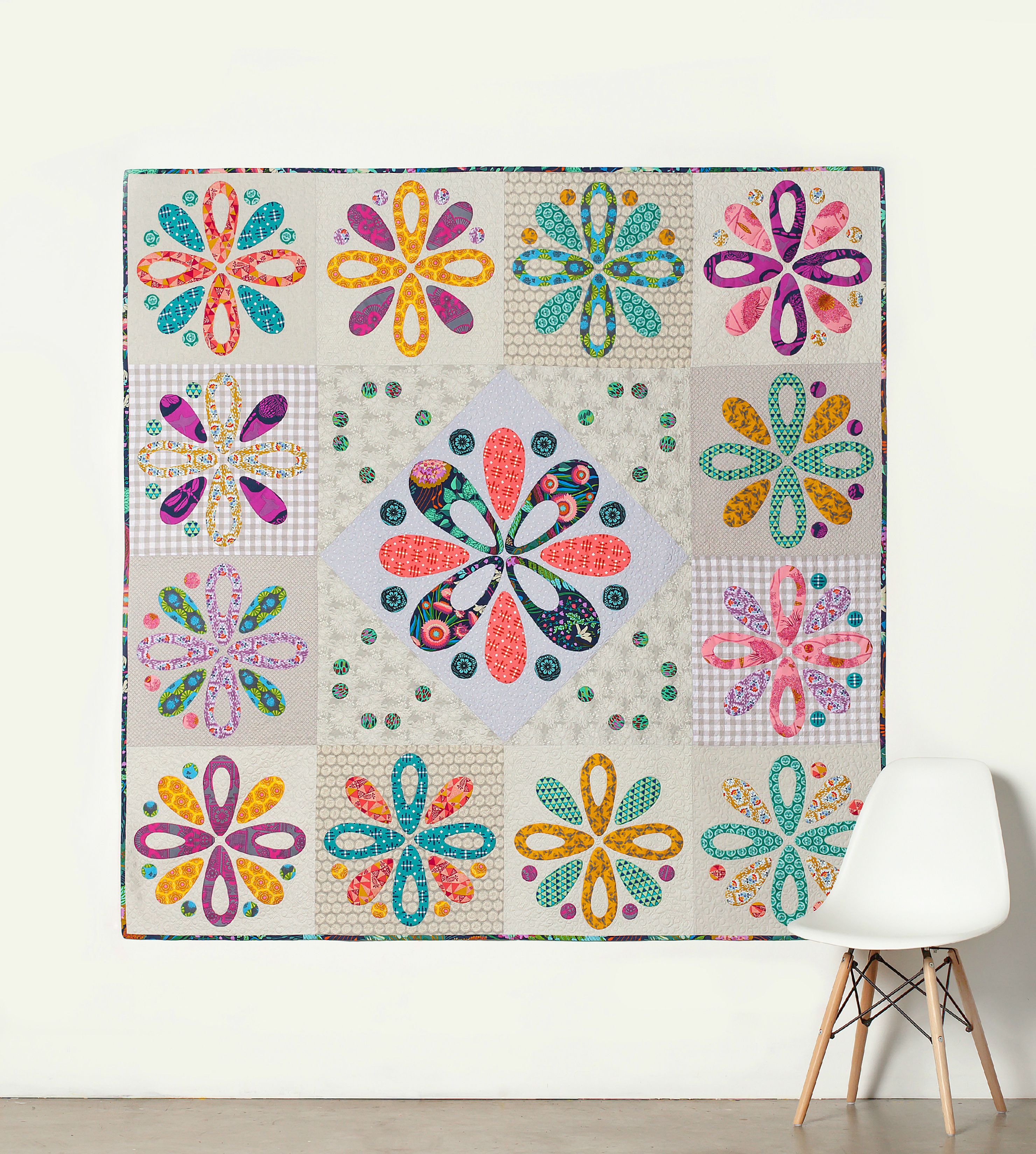
Happy Quilting
Jemima x
This post may contain Affiliate links. I may earn a small commission at no cost to you.
